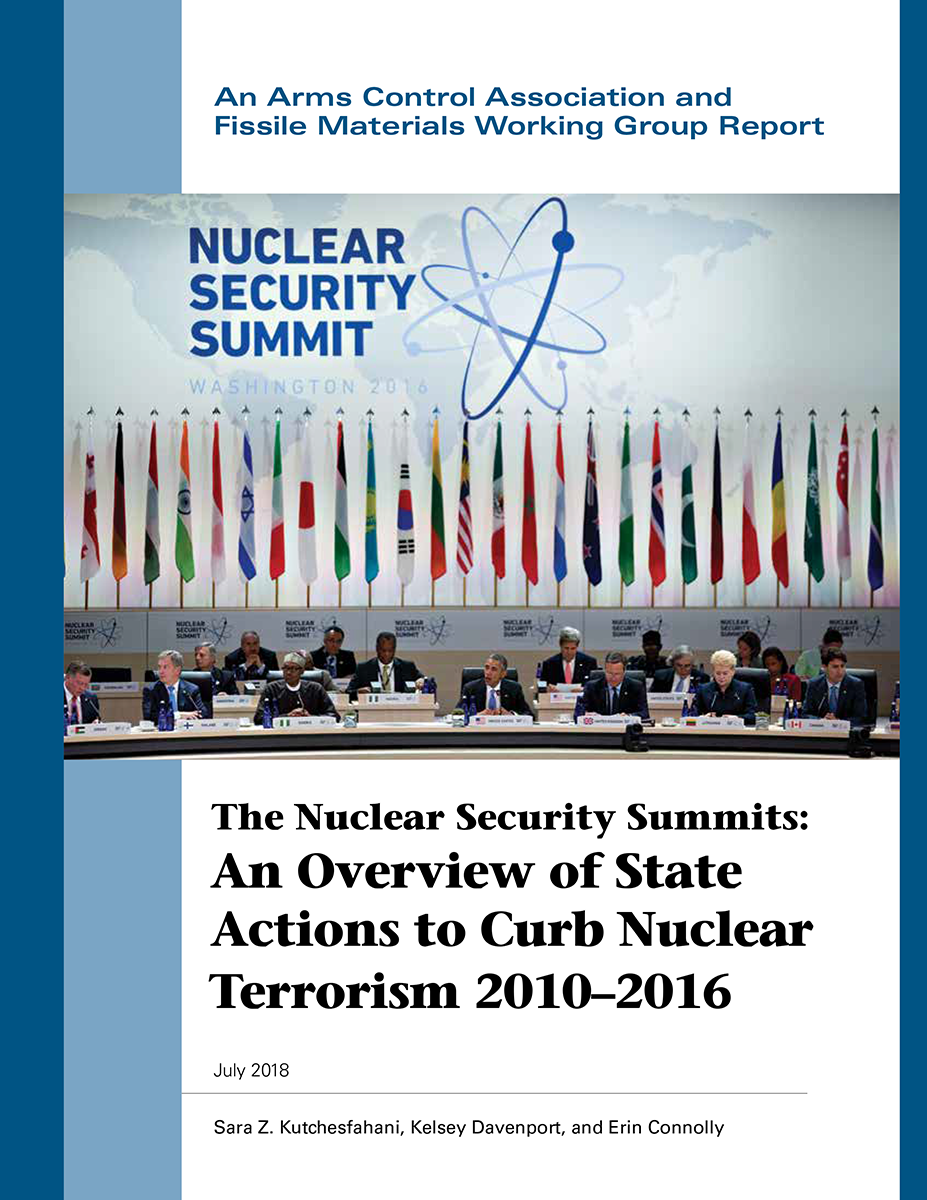July 2018
The 2016 Nuclear Security Summit brought to a close President Barack Obama’s high-level initiative to reduce the risk of nuclear terrorism and secure weapons-usable nuclear materials. The four biannual summits from 2010-2016 played a significant role in bringing high-level political attention to the threat posed by vulnerable nuclear and radiological materials around the world and strengthening the global nuclear security regime.
As part of the summit process, states were encouraged to make national commitments, known as house gifts, to take specific actions to strengthen nuclear security. Building on this concept, the 2012 summit began the tradition of offering multilateral joint statements, known as gift baskets, in which groups of states came together to address key gaps in the nuclear security architecture. The national commitments and joint statements resulted in some of the most tangible and innovative nuclear security improvements over the course of the summit process.
This report offers a comprehensive assessment of the national commitments states undertook as part of the summit process. While these commitments represent significant advances, effective nuclear security requires continuous improvement to address gaps and new threats. States must continue to build on the accomplishments of the summit process to minimize the risk of nuclear terrorism.

